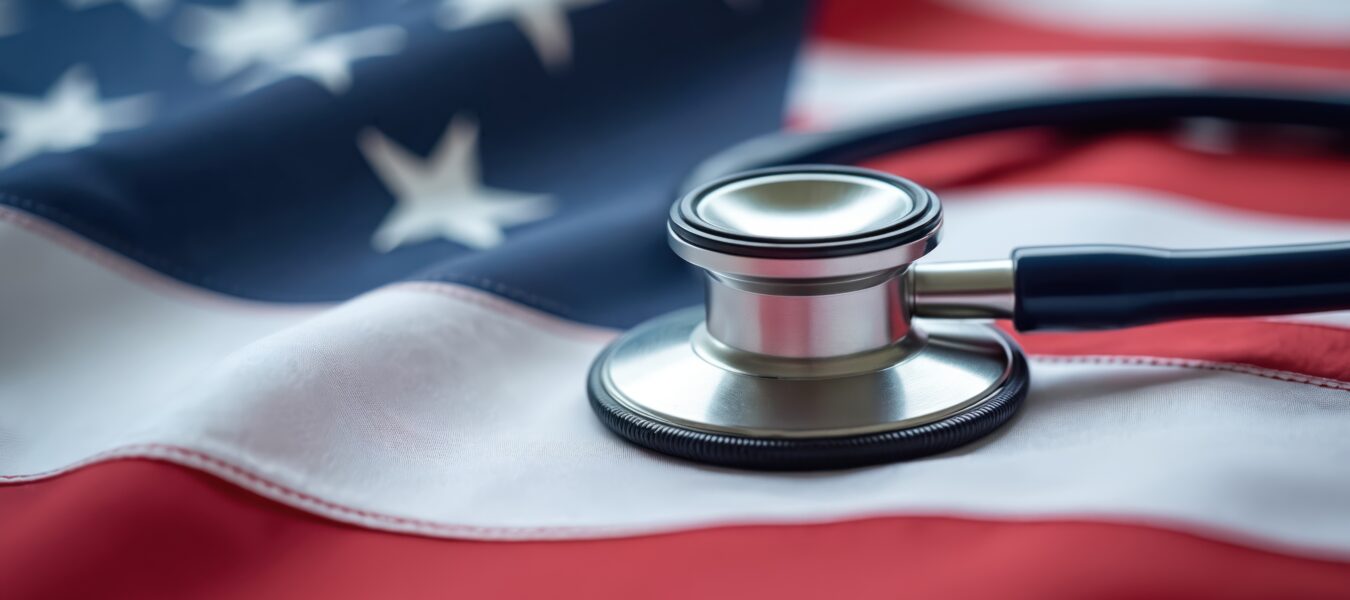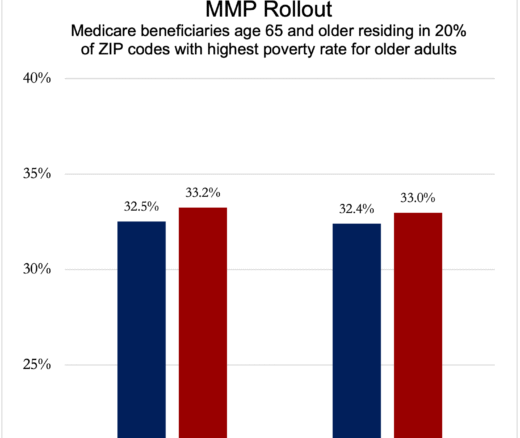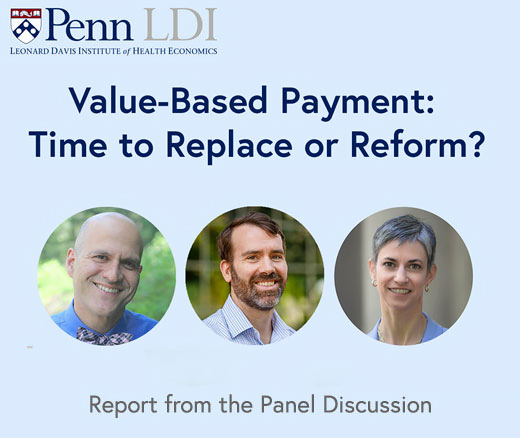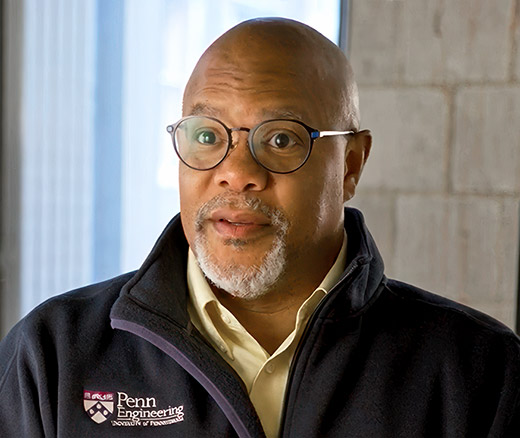
When Medicare Sent Patients Home Sooner, Mary Naylor Built the Safety Net
Her Transitional Care Model Shows How Nurse-Led Care Can Keep Older Adults Out of the Hospital and Change Care Worldwide
Population Health
In Their Own Words

This op-ed was published in The Philadelphia Inquirer on Sept 18, 2025.
As Philadelphia’s former Health Commissioner, I know that sooner or later, we will face another grave public health emergency.
Besides the COVID-19 pandemic, my nearly three years as the head of Philly’s health department included the mpox outbreak, the arrival of multiple displaced populations with urgent medical needs, and a measles outbreak. We saw wildfires in Canada that led to the worst air pollution the city has seen in decades and a spill of chemical contaminants into our water supply. We needed to keep city residents safe and informed about those flare-ups while maintaining our day-to-day work to protect the public’s health, like tackling the city’s high rates of smoking, chronic disease, overdose deaths, and maternal mortality.
Whether it is a new pandemic, a toxic threat to our drinking water, or a crisis we cannot yet imagine, recent experience teaches us that we will continue to face public health emergencies. But in the face of Robert F. Kennedy Jr.’s reckless and uninformed approach to the protection of American lives, future emergencies will be far more harmful and deadly than in the past.
The Centers for Disease Control and Prevention (CDC) normally serves as a resource during public health crises, its deep bench of experts offering recommendations and vetted research that inform real-time decisions by local public health leaders. With the CDC’s leadership and expertise gutted, and their decades of experience lost, we cannot count on those resources to be available. This loss will take years, if not decades, to rebuild. Even worse, the forced departure of thousands of dedicated, veteran scientists and the substitution of social media influencers and appointees chosen for their loyalty to President Trump in place of nonpartisan leaders picked for their expertise, means that we may be unable to count on the reliability of information and guidance the CDC provides…
See the full piece here.


Her Transitional Care Model Shows How Nurse-Led Care Can Keep Older Adults Out of the Hospital and Change Care Worldwide

Chart of the Day: Medicare-Medicaid Plans—Created to Streamline Care for Dually Eligible Individuals—Failed to Increase Medicaid Participation in High-Poverty Communities

Penn LDI Debates the Pros and Cons of Payment Reform

Direct-to-Consumer Alzheimer’s Tests Risk False Positives, Privacy Breaches, and Discrimination, LDI Fellow Warns, While Lacking Strong Accuracy and Much More

One of the Authors, Penn’s Kevin B. Johnson, Explains the Principles It Sets Out

Six Lessons the U.S. Can Learn from Europe About Protecting Health Data Linkages